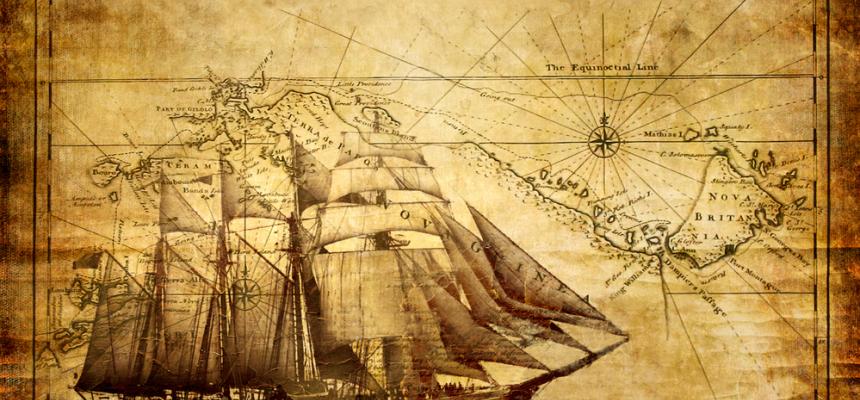The fourth contribution dedicated to promoting the research results of our PhD students is online.
Our doctoral student, Giulia Calabrò, Doctoral Programme in History of societies, institutions and thought. From medieval to contemporary history (in collaboration with Università degli Studi di Udine), in her article "How in the fifteenth century an act of piracy triggered a commercial crisis between England and Genoa" reports us in 1458, when the "excellent decision" of King Henry VI, condemned the Genoese merchants in his kingdom to pay a large sum as compensation for the damage caused by the pirate Giuliano Gattilusio.
In the fifteenth century England was far from being the naval and imperialist power present in the collective imagination: it was a country exhausted by the Hundred Years' War with France, which in 1455 fell into a civil war that would last thirty years. In such a scenario, the Italian merchants, supported by their technological and economic superiority, carved out an important role: from the 13th century, they sailed the Atlantic towards London and Southampton, and skillfully managed to weave a commercial network that joined the Mediterranean to Flanders, in which English merchants had the modest role of minor characters.
The English tried to break free from the Italian commercial mediation: after a first failure in 1446, in 1457 the merchant Robert Sturmy left the port of Bristol on board the "Katharine", driving an English commercial expedition bound for the eastern Mediterranean. While returning from the east, it was intercepted, attacked and plundered by the pirate Giuliano Gattilusio. 128 men died in the attack, including Sturmy. When it became known in England, local merchants reacted violently: many of them, less and less willing to bear the Italian competition, had invested large sums on Sturmy’s expedition. They clamored to be compensated to Henry VI, whose position was extremely difficult: surrounded by Yorkist enemies, he couldn’t afford to lose the economic support of the merchants and subjects of his. Who, then, should be asked for compensation?




